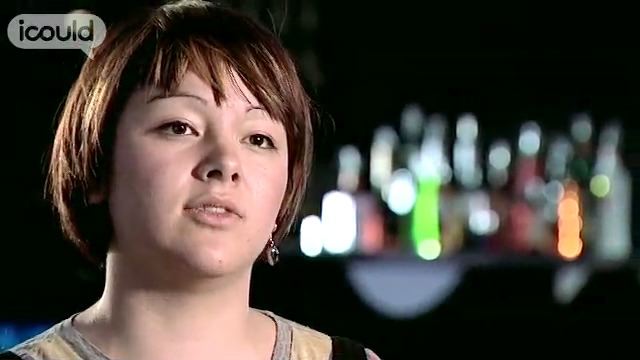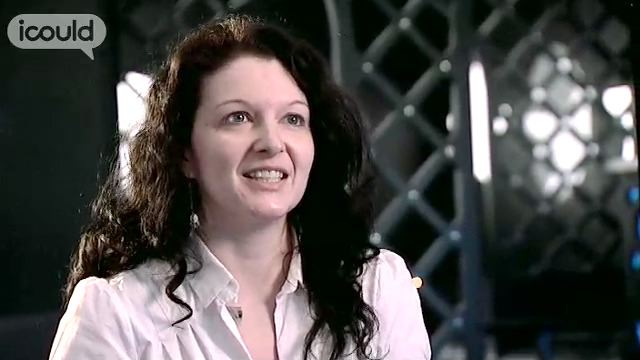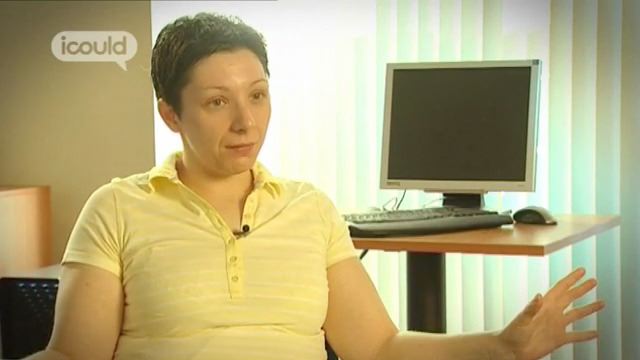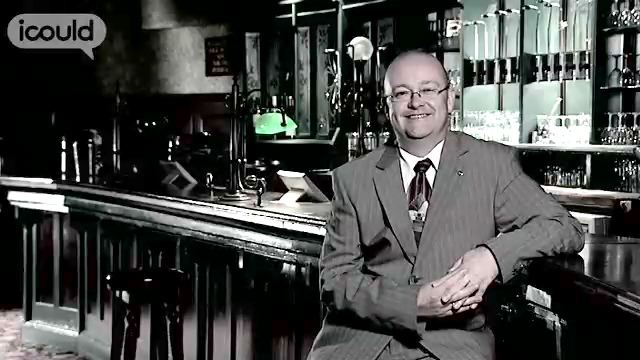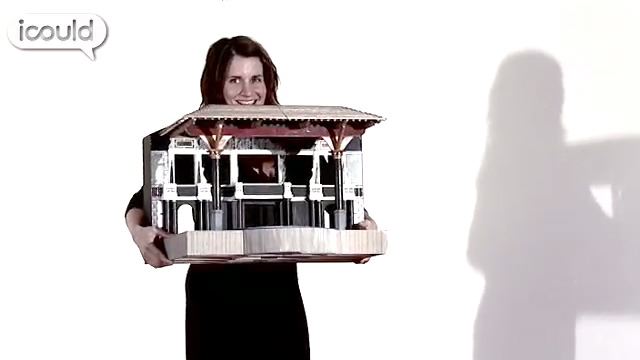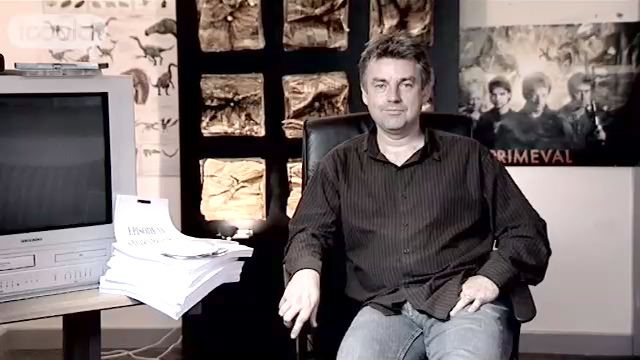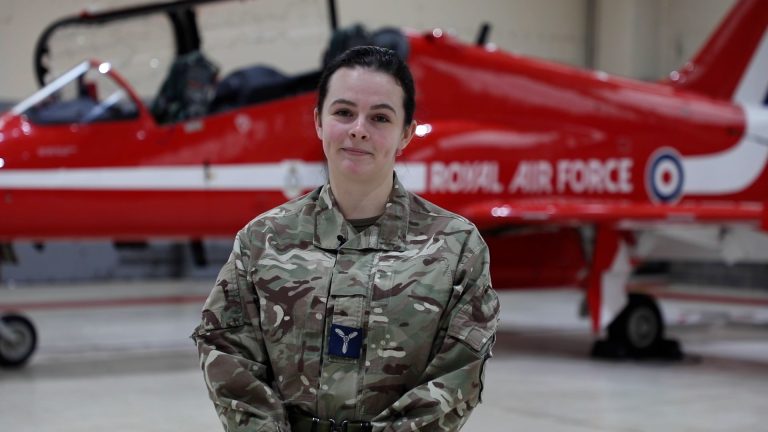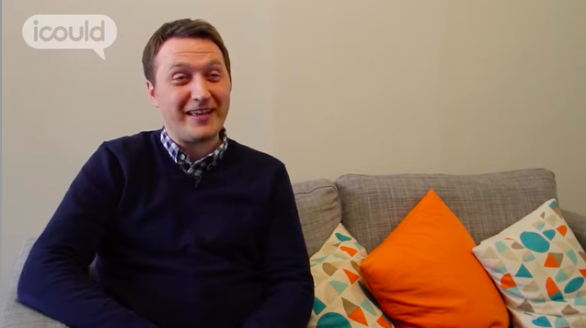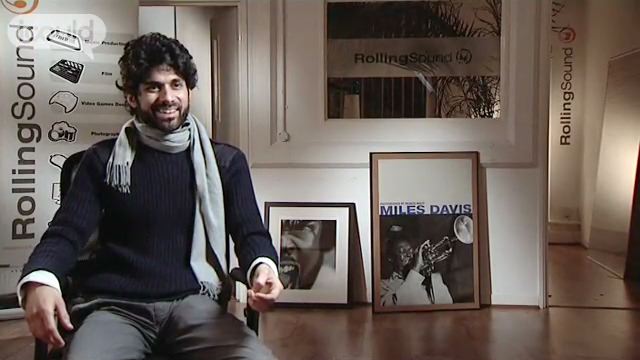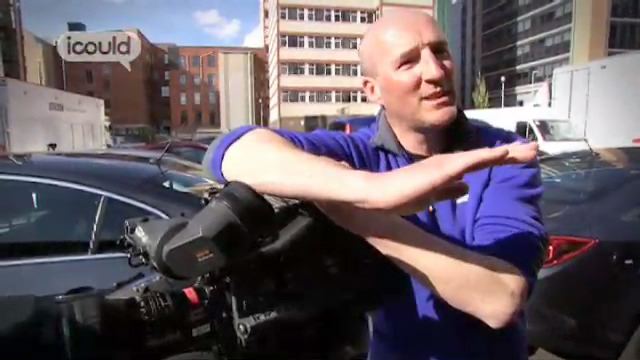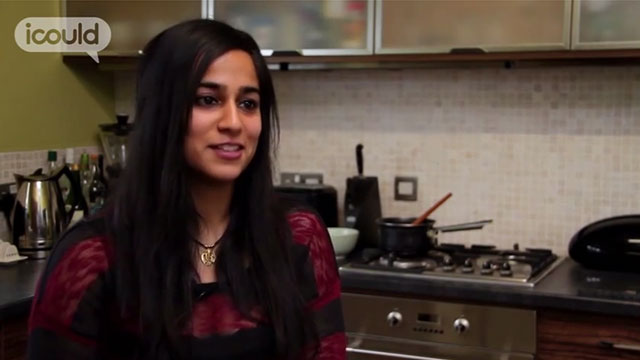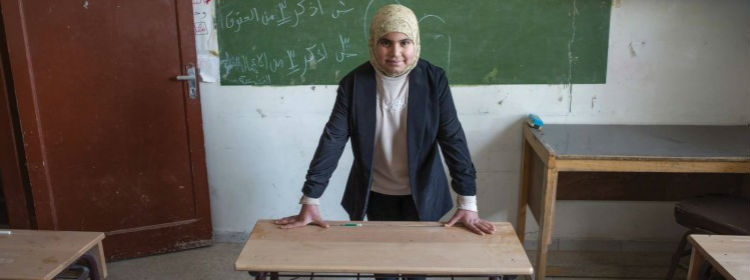TV Series Producer
PRIMEVAL
Tim B – Primeval
00:00:03 My name’s Tim B, I’m a series producer of Primeval which is a 10 part show for ITV. I’ve been producing for about nine years and I’m 44 and the most important thing for me is to get the right team around me. Creativity comes at a price which you can still afford. But you’ve got to work for it so if you want to do something badly, you want to sort of create the conditions that it’s possible. So, as a producer I may have a script and really want to do a scene passionately. The director may want to do another scene passionately and the design department want to do that scene. Now, someone’s going to win somewhere and very often I’m having to say, “Alright, well, that scene was a favourite of mine but I understand and maybe we can do something else.” But on a couple of the episodes some of the things I’ve really wanted to do I’ve done and I’m so happy. But the audience hopefully will get the mixture of everyone’s talents.
00:00:49 So, I did what most people did. I did a degree in the end in maths and economics and I found that I was being pushed probably to use my degree to get a good, safe job in the city. So, I went and got myself some offers for good, safe jobs in the city and then I took nine months off, travelled around the world on a shoestring and then I had one of those moments when I was flying back, very unhappy coming home because I was due to take up one of these offers and the phones, in those days, letters had been written and messages left to say, “You must choose one of these jobs by the end of the summer,” and this was May so I was coming back in June, July, I must make a decision. So, I came back to London, I remember being picked up at Victoria Station and saying, my Mum said, “Are you going to take the accountancy job?” And I said, “No.” She said, “Are you sure?” I said, “I’m just not doing it.” I felt so happy and all my friends were ringing me up, saying, “When are you starting?” I said, “I’m not going to.” And I remember them all saying, “But you can’t.” And I thought, “Well, if I take this accountancy job I will start earning too much money to start from scratch because people would say, “Do three years, you’ll earn lots of money and then you can do what you want.” I thought, “No, I’ll do three years, maybe earn some money and then I won’t be able to step off.” So, I spent the summer of ’87 trying to find some work and then a job came up which was fortunate they were advertising for trainee accountants in the BBC. So, I applied and I got one and it was a sort of three year rotation and I was then doing the work in the office, you know, filling out the forms and the reports for the accountancy element, and whenever possible at seven o’clock going down to the studio, if there was one, and watching a studio recording. Or, on a Saturday going out to a film set. So, I very much tried to do the thing which I would say if anyone asked me, “What’s the most important thing you should do if you want to get into someone’s world?” is watch and listen what they do.
00:02:38 Then the next thing came up which was two years in, and they were advertising which they used to do in the early autumn for runners for the drama series and serials department. So, I applied for one of the jobs and I realised that it wasn’t simply just going into meet the people on the board. I almost had to court them by being somebody that had to work hard so they were aware of me. And then I came in one morning and there was this piece, a little post-it, with Guy Jilks, who was the head of drama department with a phone number. My heart rose and sank at the same time. It could only mean one thing. And I rang him and he said, “Great, Tim, great, when can you start?” And it was just, you know, that magic moment where you think, “I’m being given a chance.” And then suddenly I was already in the system, I was going through but for nine years I was on a rolling contract. I just was offered all the opportunities that I could get and then I was made up to a location manager.
00:03:33 Until my son came along. In a sense it was everything. It was a totality which was you work all the time, you cannot do any better. So, I was given a break in television which was a rare medium and I just had to do everything I could. I just couldn’t stop my best. I’ve seen other people fall apart because of that, because you need actually to step back and say, “No, that isn’t as important,” or take a slightly over view that to bring another level which is to sort of understand other people’s nature is important. So, in a way it means a lot but now I can see it in a context which is a fuller life.
ENDS
Tim B is a TV series producer, currently working on Primeval. He studied maths and economics at university, but his heart just wasn’t into accountancy. He got a job as a trainee accountant at the BBC and spent all his spare time down in the studio and on film sets. Two years later he succeeded in getting a job as a runner at the BBC. This was his big chance to switch to production.
More information about Arts officers, producers and directors
The UK average salary is £29,813
There are 37.5 hours in the average working week
The UK workforce is 47% female and 53% male
Future employment
- Chooses writers, scripts, technical staff and performers, and assumes overall responsibility for completion of project on time and within budget
- Directs actors, designers, camera team, sound crew and other production and technical staff to achieve desired effects
- Breaks script into scenes and formulates a shooting schedule that will be most economical in terms of time, location and sets
- Prepares rehearsal and production schedule for main events, design of sets and costumes, technical rehearsals and dress rehearsals
- Ensures necessary equipment, props, performers and technical staff are on set when required
- Manages health and safety issues
- Selects, contracts, markets and arranges for the presentation and/or distribution of performance, visual and heritage arts
